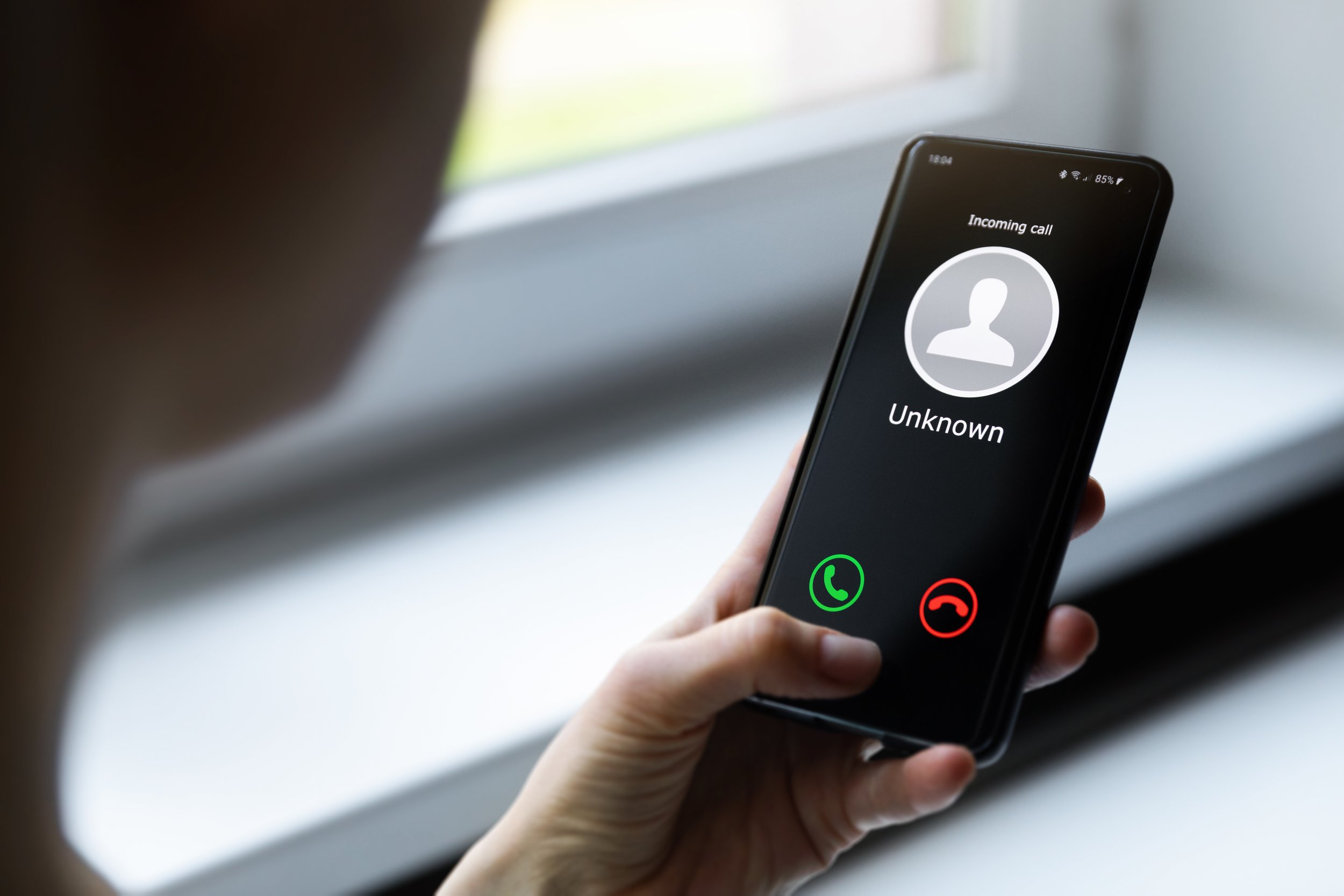
Scam of the Week: Phony Utility Ads
Search engines, like Google, are so popular that many people use the search feature instead of typing a URL. For instance, people may quickly search for their electricity provider's name to find the online payment portal. And for this week's scam, that's exactly what cybercriminals want you to do. This scam tries to trick you into clicking on a fake ad instead of the billing portal that you’re trying to find. The scammers purchase a variety of fake utility payment advertisements, and you see those ads during your searches. They know that they can trick you more easily if you contact them instead of them reaching out to you.

SCAM OF THE WEEK: You’ve Been Served by a Cybercriminal
Recently, the Better Business Bureau issued a warning that cybercriminals have been posing as process servers. Process servers are people who deliver legal documents. Cybercriminals are impersonating them to try to steal your sensitive information.
In this scam, cybercriminals will call from a restricted number and impersonate a process server. They’ll claim that there is a lawsuit against you over unpaid bills and that you’ll have more legal troubles if you don’t act quickly.

SCAM OF THE WEEK: Call 800-Cybercriminal
Recently, cybercriminals have taken advantage of Soda PDF, a PDF viewing service. Using Soda PDF, cybercriminals are sending malicious PDF files to try to trick you into sharing your phone number and payment information. Because Soda PDF is a legitimate service, this scam can be hard to recognize. So, it's important to learn how to protect yourself and others.
